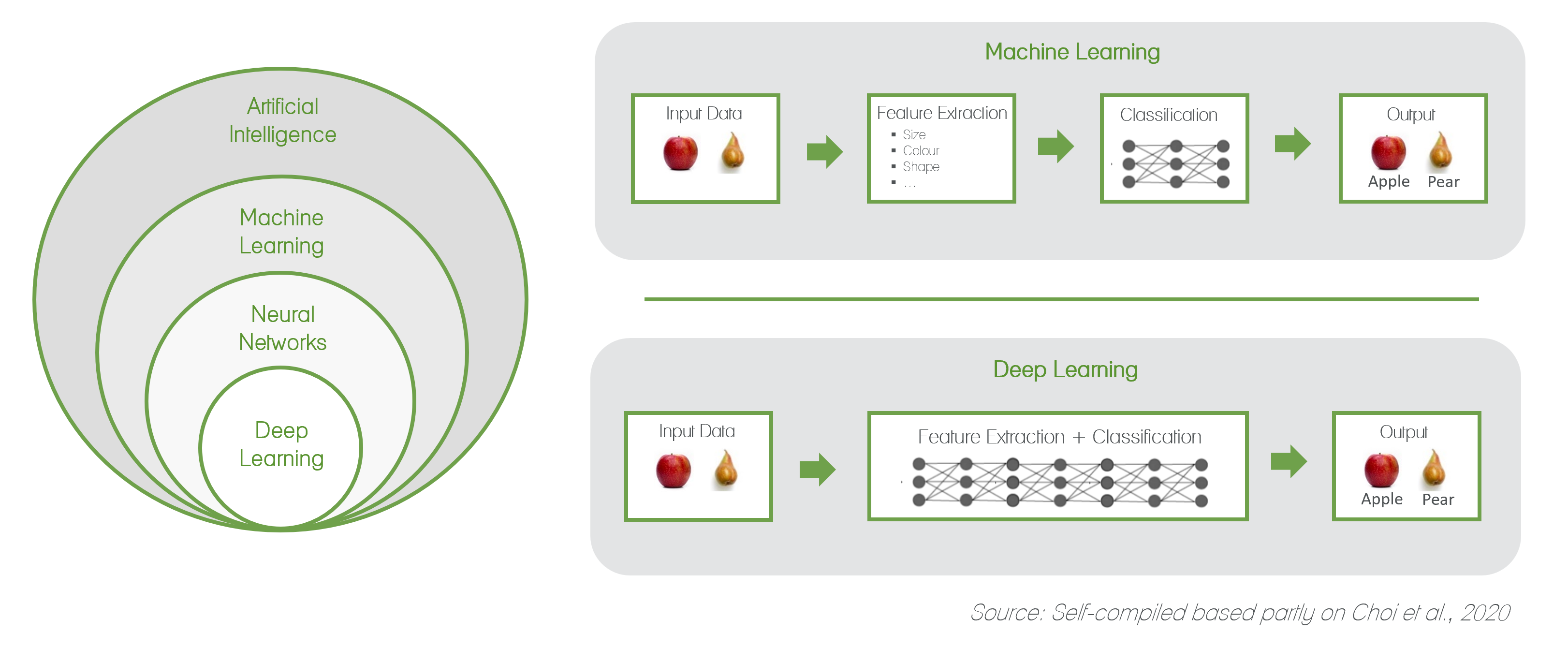AI Technologies

AI Technologies
What are we working on?
Artificial Intelligence (AI), a discipline focused on endowing machines with the ability to simulate human intelligence, encompasses a diverse range of applications. From natural language processing to problem-solving, AI is revolutionizing the way we interact with technology.
Within the AI framework, Machine Learning (ML) emerges as a vital paradigm. ML empowers systems to learn from data, identify patterns, and iteratively improve their performance without explicit programming. This adaptive capability is at the heart of advancements in AI applications, powering recommendation systems, predictive analytics, and autonomous decision-making.
Neural Networks (NN) form a pivotal layer within the AI ecosystem. Inspired by the human brain’s architecture, NN enhances the learning capacity of ML models. These interconnected nodes simulate neurons, enabling the recognition of intricate patterns and relationships in data, especially useful in image and speech recognition.
Deep Learning (DL) takes NN to new heights by building complex neural network architectures. DL excels in unsupervised learning, feature abstraction, and processing vast amounts of unstructured data. It has fueled breakthroughs in image and voice recognition, language translation, and autonomous systems.
These AI Technologies encapsulate a continuum of capabilities, from foundational intelligence in AI to the adaptive learning in ML, the structural mimicry of the human brain in NN, and the sophisticated depth of understanding achieved through DL. Together, they represent the forefront of technological evolution, driving innovations across industries and reshaping our interaction with the digital landscape.

Exemplary applications
- ICT: Innovative AI technologies within smartphone cameras are being harnessed as a valuable tool for the visually impaired, offering real-time object recognition and scene description, thereby assisting blind individuals in navigating their surroundings and fostering greater independence.
- Education: Leveraging AI Technologies to enhance learning effects through personalized training programs. The system generates dynamic content, adapting learning materials to individual preferences, fostering a more engaging and effective training experience.
- Media: Deploying AI Technologies in social media algorithms to detect and counteract the dissemination of misinformation. The system employs advanced analytics and fact-checking mechanisms, enhancing content reliability and promoting a more informed and trustworthy online environment.
Principal Investigator

Prof. Dr.
Benedikt Schumm
Dean and Professor at the University of Applied Management in Ismaning/Munich, Germany
Completed projects
Text hier einfügen